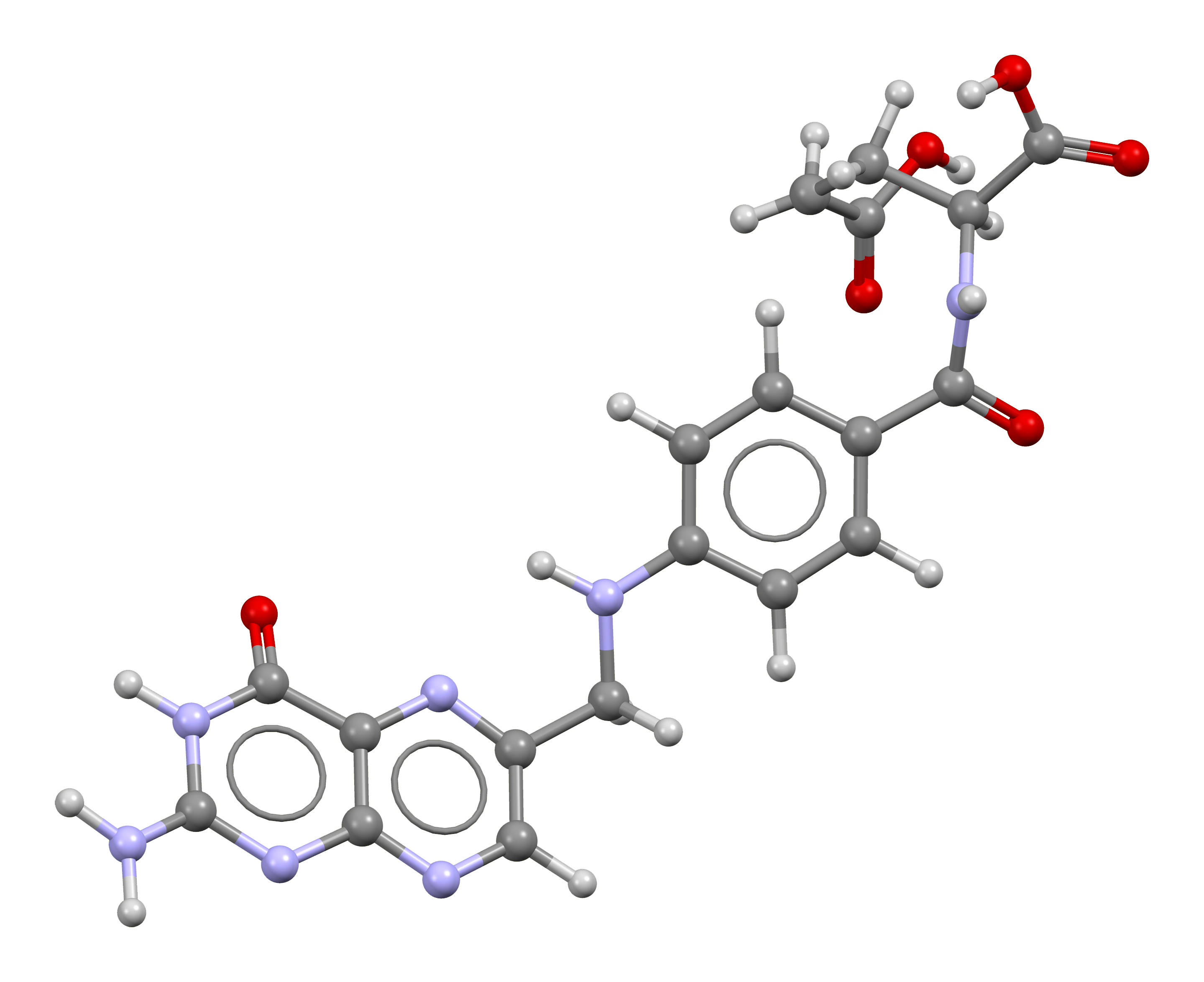Blood Chemistry 101 from a Functional Medicine Perspective
- Introduction to Blood Test Analysis
- Understanding Complete Blood Count (CBC)
- Insight into Complete Metabolic Panel (CMP)
- Studying Vitamin D
- Inflammation Markers - CRP
- Decoding Thyroid Markers
- Iron Markers
- Lipid Panel Assessment
- Micronutrient Markers: Folate, Vitamin B12
- Micronutrient Markers: Zinc, Copper, Magnesium
- Other Key Blood Chemistry Markers
- Implementing Lifestyle Recommendations for Improved Markers
- Pulling It All Together – Your Personal Health Assessment
Micronutrient Markers: Folate, Vitamin B12
Understanding Laboratory Ranges for Folate and Vitamin B12

Chemical compound.
When it comes to understanding your blood test results, knowing the standard laboratory ranges for each marker is crucial. This article will focus on two essential micronutrients: Folate and Vitamin B12. We will discuss what the standard ranges are, what it means if your levels are high or low, and the potential causes and symptoms of abnormal levels.
Standard Laboratory Ranges
The standard laboratory ranges for Folate and Vitamin B12 can vary slightly depending on the lab, but generally, they are as follows:
- Folate: The normal range for blood folate levels is generally between 2.7 and 17.0 nanograms per milliliter (ng/mL).
- Vitamin B12: The normal range is generally between 200 and 900 picograms per milliliter (pg/mL).
These ranges represent the levels typically found in healthy individuals. If your levels fall within these ranges, it usually indicates that you are getting an adequate amount of these nutrients.
High and Low Levels
If your Folate or Vitamin B12 levels fall outside the standard ranges, it could indicate a potential health issue.
-
High Folate Levels: While rare, high folate levels can occur due to excessive intake from supplements or fortified foods. It can also be a sign of a vitamin B12 deficiency, as these two nutrients work closely together.
-
Low Folate Levels: Low folate levels can lead to folate deficiency anemia, a type of anemia that causes symptoms like fatigue, weakness, and pale skin. It can also increase the risk of certain birth defects during pregnancy.
-
High Vitamin B12 Levels: High levels of vitamin B12 can occur due to certain health conditions, including liver disease, certain types of leukemia, and kidney failure.
-
Low Vitamin B12 Levels: Low levels can lead to vitamin B12 deficiency anemia, causing symptoms like fatigue, weakness, constipation, loss of appetite, and weight loss. It can also lead to neurological changes, such as numbness and tingling in the hands and feet.
Potential Causes and Symptoms
Several factors can influence your Folate and Vitamin B12 levels. Dietary intake is a significant factor, as these nutrients are primarily obtained from food. Certain medications, alcohol consumption, and health conditions like celiac disease or Crohn's disease can also affect absorption and lead to lower levels.
Symptoms of abnormal Folate and Vitamin B12 levels can vary but often include fatigue, weakness, and changes in skin color. If you experience these symptoms, it's essential to consult with a healthcare provider.
In conclusion, understanding your Folate and Vitamin B12 levels can provide valuable insights into your overall health. By knowing the standard ranges and what it means if your levels are high or low, you can take proactive steps to maintain optimal health.